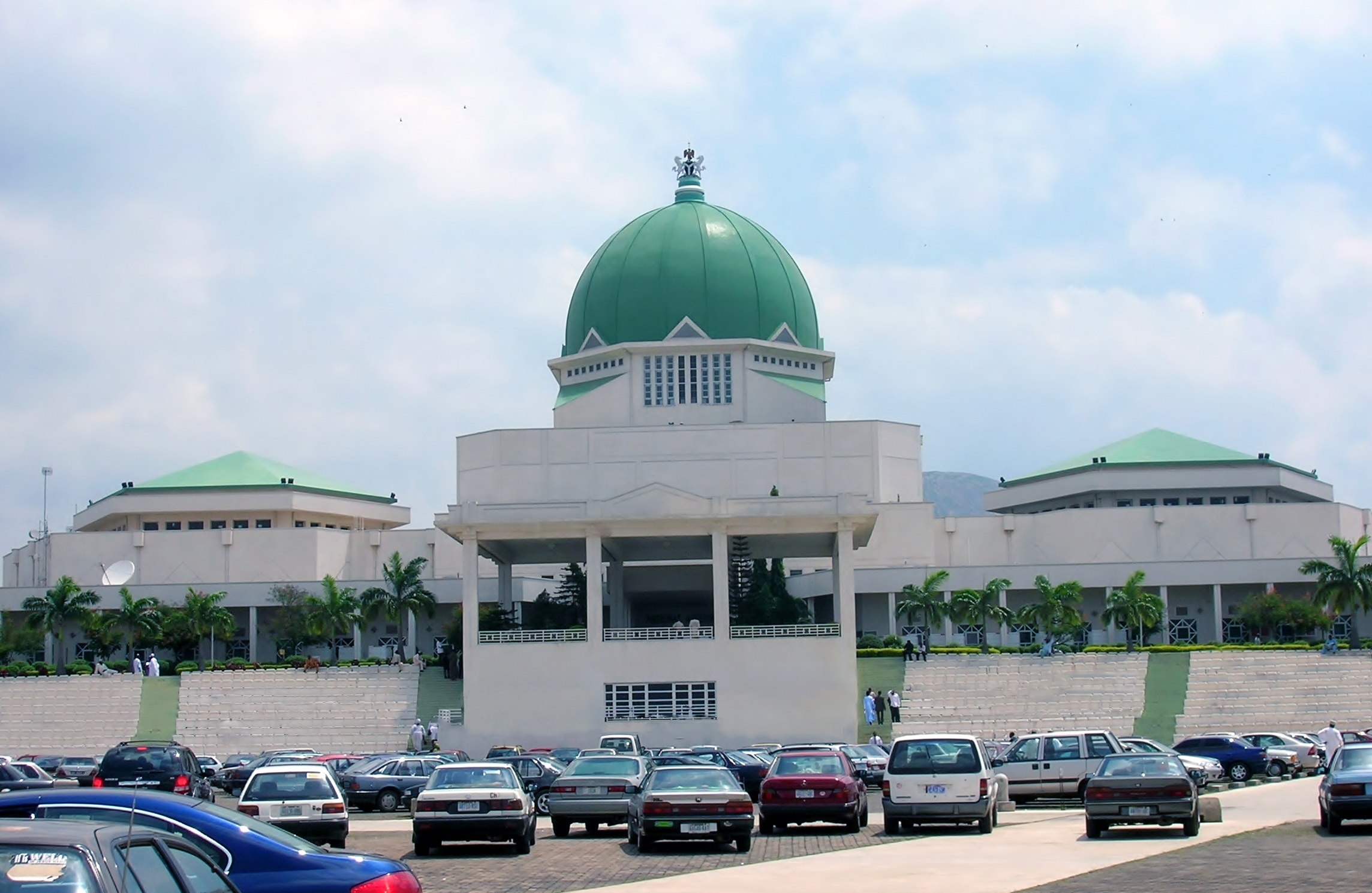[ad_1]
Concerns have been raised by the Global Initiative for Food Security and Preservation (GIFSEP) on the underestimation of the effects of climate change in election campaigns in 2023.
Therefore, the NGO urged Nigerians to support candidates who have the plan to address climate change.
This was said by Mr. David Terungwa, the Executive Director and Team Lead of the GIFSEP, an NGO, in an interview with the News Agency of Nigeria (NAN) on Sunday in Abuja.
In the 2023 elections, Nigerians should support politicians who are aware of the challenges surrounding climate change, according to Terungwa, a climate change expert and activist with the Climate Justice Coalition.
He added that the climate crisis was one of our lifelong crises and that it was essential to the sustainability of democracy.
According to him, so far, climate change is under-represented in the campaigns ahead of the 2023 general elections.
“It will be a dangerous mistake if we elect climate deniers.
“Climate change issues are too important to be left in the hands of deniers. This is because climate change is the defining issue of today’s world.
“That is why we are calling on citizens, especially those in communities impacted by climate change, to ensure that they collect their Permanent Voter Cards (PVCs) and look beyond empty campaign promises.
ALSO READ FROM NIGERIAN TRIBUNE
“Nigerians should not look for forms of inducement to vote for candidates that understand climate change issues and have a climate action plan.
“We all are affected by climate change. Our country is very vulnerable to climate change,” he said.
Terungwa recalled the recent floods that killed more than 600 Nigerians, forced millions of people to flee their homes, and destroyed hundreds of farms and agricultural fields all throughout the nation.
If the current tendency could not be reversed to create climate resilience, he claimed that the problems will increase in frequency and severity.
“Considering the impact of climate change on our lives and economy, there is an urgent call on Nigerians to vote for climate,” he added.
The organisation, according to the executive director, reviewed several political parties’ manifestos, and the findings are posted on the vote for climate website
According to him, political parties and their candidates should have a climate action plan that calls for people who action elected to have the ability to influence a clean, green, low-carbon future for future generations.
“We need a president that will demonstrate Nigeria’s commitment to climate action and invest in renewable energy sources.
“This needs to happen at the same time as moving away from fossil fuels while implementing an energy transition plan and much more.
“The implementation of the climate act is needed to put us on the path to net zero. This needs to be supported by increased government spending on urgent green projects.
“These will range from the energy transition plan, investment in renewable energy, increasing clean public transport, to enhancing biodiversity conservation.
“This investment should be increased even further over time,” he said.
When compared to delaying, investing more would lower the significant economic and social costs, according to Terungwa, but it should also ensure a number of other significant advantages.
He claimed that Nigeria required a new president who would bring about a green economy that would create jobs, teach people new skills, and strengthen the country’s ability to withstand the effects of climate change.
He asked Nigerians to support the party that would be able to halt projects that would endanger the environment.
He said the future administration shouldn’t carry out initiatives that would force us to continue producing carbon for a long time.
“The government should implement such projects which include the removal of subsidies for fossil fuels, a coal-free Nigeria, and an end to gas flaring.
“These are risky, bad for climate and nature, and often terrible value for money.
“They need to be phased out as quickly as possible while supporting workers to retrain for roles in sustainable industries such as renewable energy,” he said.
“This is why we must vote for climate; we will vote for climate because a vote for the climate is a vote for food security. A vote for the climate is a vote for sustainable energy.
“A vote for the climate is a vote for a healthy environment, a vote for the climate is a vote for equity and fairness.
“The action that will bring about food security, greater social equality, better well-being, healthier food, improved water quality, better flood control, and increased access to nature,” he said.
[ad_2]







